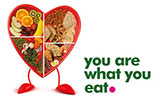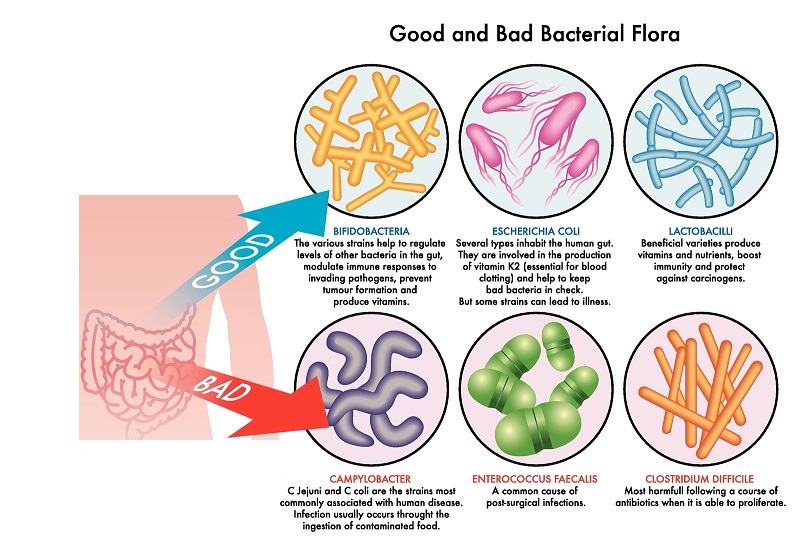Why we need to add some probiotics to our diet
Many years ago bacteria were considered as harmful agents. Thanks to recent research now we know that some bacteria are healthy and we need to have them within our body.
Some of these healthy bacteria live in our digestive tract and mainly in our colon which are called “probiotics” or good bacteria or healthy bacteria. These bacteria include different spices; two major groups of them are Lactobacillus and Bifidobacterium.
Probiotics help with digestive issues including viral or infectious diarrhea, antibiotic-induced diarrhea, milk intolerance or lactase deficiency, constipation, irritable bowel syndrome, inflammatory bowel disease (Crohn’s disease and Ulcerative colitis).
Probiotics also modulate our immune system. As a result they help with allergic reactions in skin, respiratory system and gastro-intestinal system. They reduce frequency and severity of uro-genital infections, as well as common cold, respiratory infections, oral and dental infections.
Some research shows that they help cardio-vascular system as they reduce bad cholesterol. There are some research shows that probiotic consumption is correlated with lower incidence of colon cancer. Some studies show a relationship between probiotic consumption and weight loss, higher sleep quality, better mood, better memory and delayed aging. New research shows a correlation between gut bacteria and depression and anxiety. There are some mechanisms suggested for health benefits of probiotics however further research is needed for their mechanisms to be known completely. The mechanism suggested by most research is that they regulate short-chain fatty acids fermentation in our colon, as a result they strengthen gut epithelial barrier. They also change signaling pathways in our body.
We should have enough good bacteria in our guts, but sometimes their number reduces due to antibiotic consumption, consuming non-organic food products and poor dietary habits.
Consuming too much sugar or caffeine and highly processed foods are among major dietary habits which kill good bacteria in our gut and replace them with unhealthy bacteria.
In such occasions the best way is to enrich our diet with some sources of probiotics. One of the oldest and most common sources of probiotics is yogurt. If you make your own yogurt, it contains good bacteria. If you buy yogurt, the best way is to go for probiotic one. Kefir which is made through adding some bacterial culture to milk is also considered a good source of probiotics.
Other fermented foods are containing probiotics. Cottage cheese, Sour cream, Kimchi (fermented cabbage), Tempeh (fermented soy), Sauerkraut, Miso, pickled cucumbers, pickled beets or other vegetables are among best examples.
Probiotic supplements are available as well. But there are some concerns about them. First of all, they are not under FDA supervision. Second of all, they can cause gas, bloating or abdominal discomfort in some people.
There are some contraindications for using probiotic supplements. Probiotics are not recommended for the elderly, patients with end-stage diseases or cancers, patients who have undergone transplantation and premature babies.
Probiotics shouldn’t be consumed by patients suffering from endocarditis and pericarditis. Immune supressed patients such as HIV/AIDS patients, patients undergoing chemotherapy or radiotherapy, people with congenital immune system insufficiencies and people using immune system supressing medications, are not good candidates for probiotics supplements. People with heart valve problems or who has underwent cardiac valve surgery, pregnant women and children should seek consultation before taking probiotics.
If you have any medical condition or take any medication, you need to consult your physician before consuming probiotics.
Dr Minoo Shirazi, Nutritionist
Ph.D. of Nutrition, RHN, (MD, Iran)
ONTRACK HEAKTH, NUTRITION & SLIMMING CLINIC
Toronto, Canada

